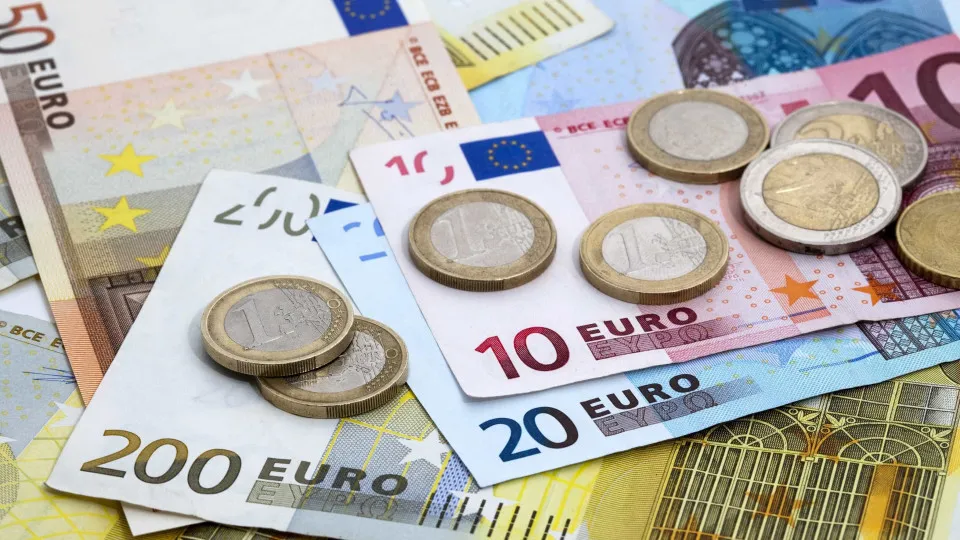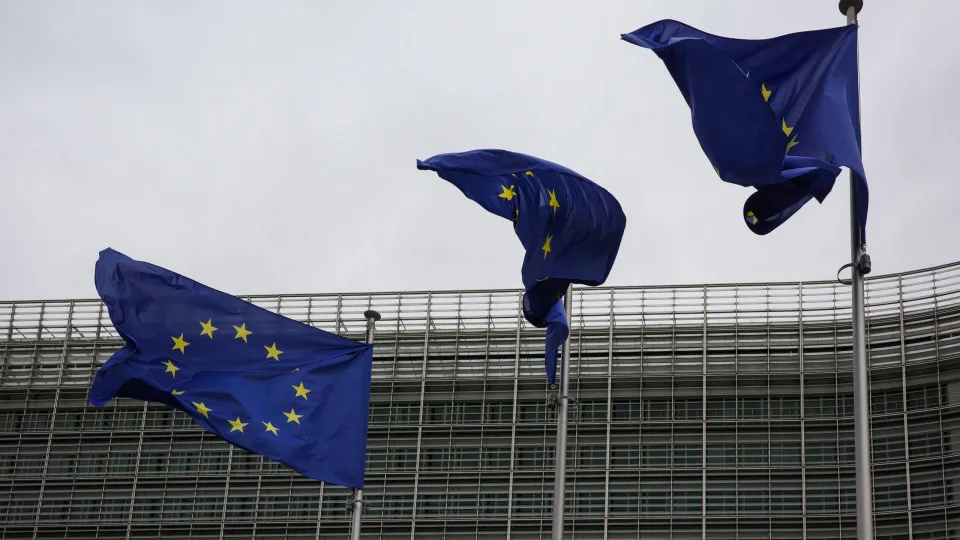
The latest statistics from APAV regarding male victims for the period between 2022 and 2024 reveal that the association supported 10,261 individuals, marking a 23% increase over these three years.
In an interview with the Lusa agency, Daniel Cotrim explained that this development is linked to greater awareness of violence issues but cautioned that “there’s always the other side of the coin.”
“For every one of these victims supported, of these 10,200 male victims supported, we know, because that’s what incidence and prevalence studies tell us, that there are always at least two people, two men, who do not report the situation,” he revealed.
This suggests that the number of male victims seeking help from APAV might exceed 30,700.
“We always understand that reality is much greater than what we see through the numbers presented to us via help requests we receive,” he mentioned, indicating that, for this reason, “it’s always complicated” to assert that violence is increasing.
According to Cotrim, this reluctance to seek help is also related to the “deeply stereotyped” and “full of prejudice” notion society holds about being a victim, where “women are seen as victims” and the word “victim” is wrongly associated with the idea of fragility and vulnerability.
“What society perceives is that men are neither fragile nor that vulnerable, and what this data shows us is precisely the opposite, that is, men are as vulnerable to victimization situations as women, so it’s not a gender issue,” he emphasized.
Moreover, he explained that shame and fear of being judged by others also make it difficult to speak about violence, which, he argued, relates to issues of masculinity and what does or does not constitute being a man.
He pointed out that the top three crimes reported to APAV refer “to issues of fragility and vulnerability,” primarily domestic violence, with 11,906 crimes reported, but also crimes of assault (885) and threats/coercion (731).
Additionally, 36.6% of the male victims who sought help from APAV were subjected to continued violence, a detail explained by the fact that “the vast majority of requests for help from men occur in the context of domestic violence” and that “domestic violence is a continued crime.”
Daniel Cotrim clarified that in cases of domestic violence, “the escalation of violence is very rapid,” including instances of homicide, and that it’s this cycle of violence that causes delays in reporting, with records showing 19.8% of victims delay reporting between two and six years and 10.9% take twelve years or more.
The escalation of violence is also linked to shame: “it’s not natural in men’s minds for a woman to be an aggressor, so a man allegedly has the ability to defend himself, but this is the myth, the stereotype,” he highlighted.
This same idea of masculinity explains why the first contact for these victims with the protection system is through APAV and not with the police or a court, with Daniel Cotrim admitting that the system “is not sympathetic to men” and still harbors “many prejudices.”
For Cotrim, ongoing work must focus on education and prevention, investing in gender equality in schools, and discussing the roles of men and women, how they complement each other, while simultaneously considering “the male figure as a victim and looking at this naturally” and “dismantling the wrong ideas of toxic masculinity.”
Cotrim noted that this is an ongoing effort that must continue, emphasizing that misogynistic discourse is increasingly present and warning about young teenagers who have “direct access to this type of rhetoric.”




